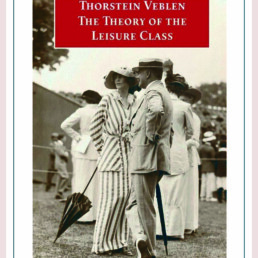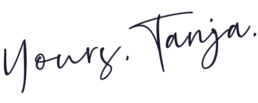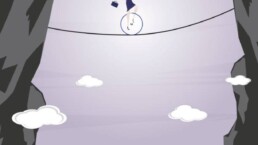
Holidays in general, and especially those at the end of the year, invite us to look back. In addition to thoughts on the highlights and the not-so-good moments, I asked myself at the end of 2021 what impact the new normal has had on our habits.
Loss of high standards
Our everyday life has changed dramatically. We are once again encouraged to work from home, and anything involving in-person interactions requires the constant monitoring of possible changes to the current situation. In addition, long-planned events or meetings may end up being cancelled or adjusted at the last second, making our improvisation skills more in demand than ever. Only those who stay permanently in motion manage not to get lost in memories of the good old days of a pandemic-free world.
All this effort seems to take away our energy for aspirations and kindness. Emails are getting shorter and responses take longer, while both salutations and greetings in messages are disappearing. Suddenly you see men who used to walk across Zurich’s Paradeplatz in elegant suits in sporting jeans and turtlenecks. Restaurants in the Old Town, where you used have to fight for a seat at lunch, now have free tables even on the same day. And everyone has redefined their dress code – as evidenced by the revival of jogging suits.
Meanwhile, the construction industry is enjoying a surge in demand. If you spend your days at home online and in Zoom meetings, you at least want to feel comfortable in your own bubble. Our move into the digital world makes us forget our standards from the (old) reality. Christmas cards that used to be signed by hand were sent via WhatsApp this year, if at all. It seems as if many are asking themselves: what’s the point? Has the pandemic helped usher in a new age with new rules of style and decorum? Have we become kinder to ourselves and forgiven ourselves for no longer following the yoga or workout app every morning? Have we learned that it’s nice to spend time with the people who are close to us instead of travelling the world to pursue others or grandiose goals? And has this led us to start redefining success? The ideals of “faster, higher, stronger” seems to matter less to us – and they are also less tangible online. But what then is important to us in this new phase?
People are always looking for what they cannot have. The spontaneity now frequently imposed on us may lead us to desire permanence: this can be in the form of a place to live, familiar products or stability in our personal environment (work, family, partner, and friends).
The question we should address now at the beginning of 2022 is: how can entrepreneurs give their employees and customers this consistency?
What has (not) inspired me recently? Boredom.
People who used to be able to tell stories about their latest trips or business meetings now talk about the baker who makes the best sourdough bread or the latest Netflix series. Conversations have become boring, because nothing happens anymore. As we have become poorer in experiences, our lives have lost a bit of their meaning.
“In a society that is used to making such comparisons, success that is visible to all becomes the basis of prestige and an end in itself. One demonstrates one’s own achievement in order to gain prestige and escape contempt.” (Thorstein Veblen, The Theory of the Leisure Class).
After two years of the pandemic, we have lost our habits of having social interactions and conversations, which, according to Thorstein Veblen, a 19th century economist who was one of the first to reflect on consumerism, leads to the conclusion that we are losing our social status. The only consolation is that if everyone feels this way, our status symbols may soon be redefined.


Share

